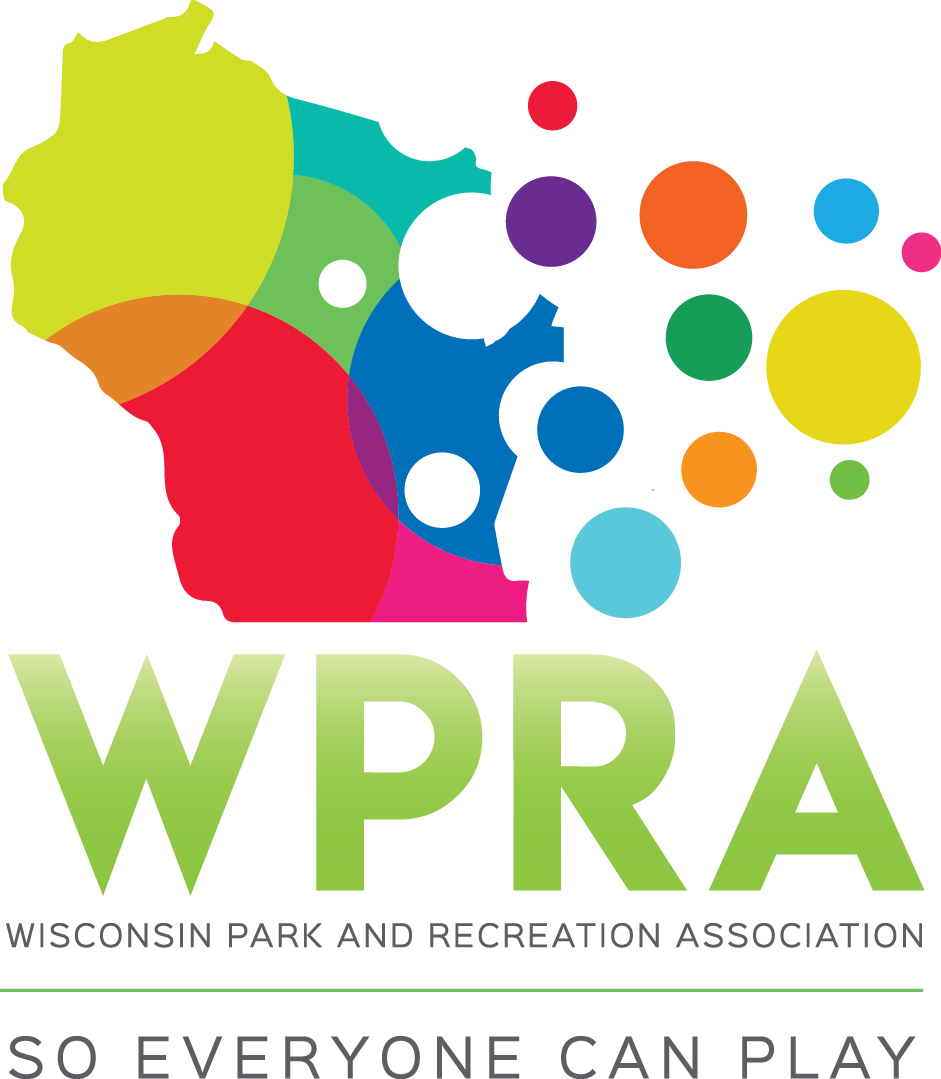August 2021 Legislative Update
Special Session and Veto Override Attempt End Without Changes
- On July 27, the Wisconsin Assembly met in extraordinary session to vote on a veto override of Assembly Bill 336.
- The bill would have ended Wisconsin’s participation in federal programs to provide or supplement unemployment benefits. It also would have prohibited the state from waiving the work search requirements for unemployment benefits for any reason related to COVID-19.
- Congress enacted temporary programs providing new or additional unemployment benefits as part of the first major federal COVID-19 response package (CARES Act). Those federal unemployment programs have been extended twice and are now set to expire on September 6, 2021.
- Governor Tony Evers (D) vetoed AB 336 on June 29, writing to the Legislature that he objected to legislative interference with executive branch authority and that he believed “there is a lack of evidence to support the notion that eliminating supplemental unemployment insurance benefits would bring more individuals into the workforce.”
- The Assembly’s veto override attempt failed 59-37 along party lines. A two-thirds supermajority of the members of each house of the Legislature is required to successfully override a governor’s veto.
- On July 26, one day before the Assembly met to attempt a veto override for AB 336, Gov. Evers announced that he had issued an executive order calling a special session of the Legislature to consider his proposal on education spending.
- The bill would have directed $550 million in state funds towards K-12 and higher education:
- A few hours following the Assembly’s failed veto override vote on AB 336, Assembly and Senate leadership gaveled in and out of the governor’s special session on education funding without considering or debating his proposal.
- $240 million to increase K-12 per-pupil aid by $146 per student
- $200 million for K-12 special education aids
- $90 million for the University of Wisconsin System
- $20 million for the Wisconsin Technical College System
WPRA Continues to Ask Questions on Implementation of the National Anthem Legislation
- Recall that as currently written, Assembly Bill 226/Senate Bill 244 would require the national anthem be played or sung at any sporting event held in a venue constructed entirely or in part with taxpayer funds. The bill does not include penalties, enforcement mechanisms, or any specifics as to how the anthem must be played or sung at any event.
- The bill moved very quickly through the Assembly, passing with bipartisan support (74-22) on May 11, less than two weeks after it received a public hearing.
- WPRA was the only organization to provide written testimony on the bill during that hearing. WPRA expressed concern that the bill would be a burden on the many small, recreational, and children’s sporting events that our members host.
- The Senate Committee held a public hearing on June 29th. Prior to the hearing. WPRA requested the bill’s Senate author, Sen. Pat Testin (R-Stevens Point), to consider an amendment so that the bill would only apply to events at venues with a capacity of 500 or more. Sen. Testin declined to amend the bill.
- The bill has not received a Senate committee vote yet.
- WPRA continues to advocate for the common-sense amendment and discuss with interested legislators.
|

